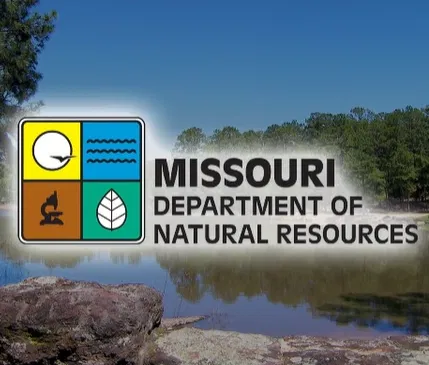DNR sets deadline, threatens penalties for Columbia, Boone County for failing to address encampment waste

COLUMBIA, Mo. (KMIZ)
The Missouri Department of Natural Resources is not satisfied with the revised stormwater management plan the City of Columbia submitted in August to reduce waste from homeless encampments entering public waters.
In a letter Thursday to Columbia Mayor Barbara Buffaloe and Boone County Commissioner Kip Kendrick, the department set a Nov. 15 deadline for the city to submit new draft ordinance language or regulations. The agency cited a “lack of urgency to act on the part of the city and county” in addressing human health and environmental concerns.
City Utilities spokesman Jason West had told ABC 17 News in a message that the department received the letter Thursday.
This letter comes as the city, county and the University of Missouri are trying to renew a joint-operating permit. The permit is issued under an EPA program aimed at preventing contaminants, such as sewage and chemicals, from polluting local water sources. The DNR said in a May 30 letter that it needed more information and clarity from the city.
The DNR wrote Columbia and Boone County’s existing stormwater and stream ordinances are “overly broad and do not address the prohibition of non-stormwater discharges from encampment activities, nor do they set appropriate protections around streams within the city and county.”
According to the DNR, Hinkson Creek, Grindstone Creek and Hominy Branch contain E. coli from human waste from homeless encampments near the streams, posing significant risks to Columbia’s water quality and public health.
The agency requested “tangible actions” from the city on Feb. 28 and met with city and county leaders on July 21 and Sept. 26 to discuss proactive measures to keep solid waste from polluting local streams.
Columbia, Boone County, and the University of Missouri outlined a coordinated plan in August to address illegal encampments and prevent waste from entering local waterways. The plan emphasizes compliance with city and county stormwater regulations, the Missouri Clean Water Law and federal pollution laws, while tracking complaints and cleanup efforts.
Under the plan, the city’s Office of Neighborhood Services investigates complaints and oversees cleanups, while the Columbia Police Department helps enforce trespassing laws and connects individuals to social services. City crews prioritize removals in floodplains and along streams, with private property owners expected to comply or face enforcement.
Boone County monitors complaints through an online platform, issues notices to property owners and coordinates with the sheriff’s office for public property removals. The county also tracks cleanup efforts for annual reporting. On campus, MU police enforce trespassing rules and campus facilities handle cleanup, with camping generally restricted except in designated areas or with permits.
The plan was not deemed satisfactory by the DNR. In the letter, the department added it provided examples of stream protection measures used in San Jose, California, and Bozeman, Montana, as examples. However, the department said in its letter that the city and county ignored those suggestions.
The DNR warned that future investigations finding human waste near streams in violation of the Missouri Clean Water Law could lead to penalties, potentially affecting the city and county’s eligibility for state and federal grants.



